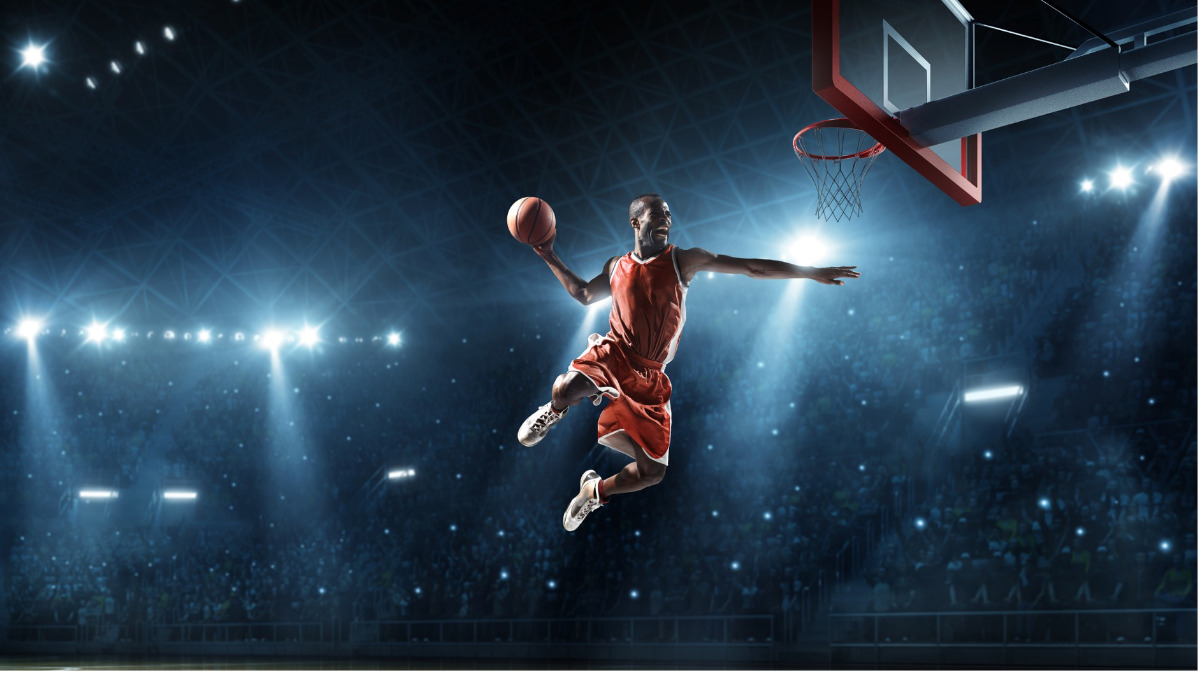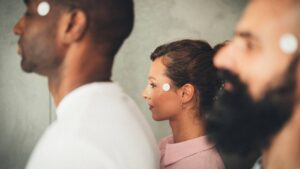Control Bionics leaps into new US and Japanese markets with strategic deals

Control Bionics is jumping into US and Japanese markets with NeuroStrip. Pic: Getty Images.
- Control Bionics inks two deals advancing commercialisation of NeuroStrip
- Company acquires a 20% stake in US-based Neuro Elite Athletics
- Control Bionics inks memorandum of understanding with Stroke Lab in Japan
Special Report: Control Bionics has entered two strategic agreements with industry leaders to expand the presence of its NeuroStrip technology into the high-growth US sports performance and Japanese neurological rehabilitation markets.
Control Bionics (ASX:CBL) has acquired a 20% stake for US$250,000 including cash and in-kind contributions in US-based Neuro Elite Athletics, which is the company behind the NeuroBounce program for athletes.
The company said its partial ownership in Neuro Elite Athletics would provide the company with an exclusive licensing arrangement for the NeuroBounce program in Australia and Japan. The company anticipates a payback period for the deal of less than 12 months.
Control Bionics has also inked a memorandum of understanding (MOU) with a rehabilitation facility in Tokyo called Stroke Lab, laying the groundwork for a joint operating agreement by Q1 2025 and further solidifying its position in Japan’s advanced rehabilitation market.
The partnerships aim to not only diversify Control Bionics’ market focus but are also expected to generate material revenue through new recurring SaaS fees and hardware sales.
They also aim to unlocking access to valuable patient data to support future automation and AI model development.
Control Bionics said the partnerships will leverage its NeuroStrip technology to drive further innovation and growth for Neuro Elite Athletics and Stroke Lab in their respective fields.
NeuroStrip is a miniaturised version of Control Bionics’ NeuroNode tech, which is a watch-like device to assist cognitive people with physical disabilities – notably sufferers of cerebral palsy or motor neuron disease – to perform everyday functions.
Weighing less than a piece of paper, the wearable NeuroStrip measures physiological data such as unintentional muscle movements and expands the company’s market from disabilities to the sports science, occupational health and rehabilitation sectors.

NeuroStrip is attached directly to the skin with data fed straight to an app. Source: Control Bionics
Strategic Stake in Neuro Elite Athletics
Neuro Elite Athletics was founded by physical therapist Steve Bennett, a specialist in electromyography (EMG) training, and co-led by entrepreneur Rex Hale.
Control Bionics said NeuroBounce’s proprietary program was the only computerised
EMG training program in the world, which has been proven to increase vertical leap by 5-15cm in just eight training sessions.
Control Bionics said NeuroBounce had been used by US athletes for more than 25 years improving vertical jump height and explosiveness in sports such as basketball, volleyball and football.
The potential US market size for Neuro Elite Athletics is significant. There are more than 28,500 college sports teams with over 600,000 athletes, including some 10,000 basketball players and 4000 women’s volleyball players on scholarships.
The US has 166 professional sports teams such as the National Basketball Association, National Football League, Major League Baseball, and National Hockey League, with ~4700 active players.
In addition, the potential market also includes 300,000 high school teams with 7.9 million participants, offering long-term growth potential.
For the NeuroBounce program, Control Bionics said NeuroStrip was used to train the brain to turn on previously unused muscle fibres.
Control Bionics said the US sports market represented significant potential. Each college sports program was expected to pay ~US$25,000 annually, combining one-off set-up fees and recurring SaaS revenue.
Advancing Japanese rehabilitation
Founded by Tadafumi Kaneko, a leader in neurological rehabilitation, Stroke Lab rehabilitation facility combines neurology and therapy to deliver evidence- based, personalised care.
Control Bionics noted Stroke Labs’ expertise and offerings include:
- Advanced use of surface EMG technology for recovery
- A strong digital presence with over 50,000 social media followers and an extensive industry network
- More than 500 therapist graduates, enhancing its influence in the sector
A joint operating agreement between Control Bionics and Stroke Lab aims to be formalised by Q1 2025, laying the groundwork for expanding rehabilitation services in Japan.
Under the partnership NeuroStrip will be adapted for the Japanese market, combining Control Bionics’ innovation with Stroke Lab’s clinical expertise.
Strategic importance of deals for growth
Control Bionics CEO Jeremy Steele said the agreements reflect a pivotal step in Control Bionics’ mission to harness neurotechnology for human empowerment.
“These collaborations underscore Control Bionics’ ability to enter and lead high- growth markets,” he said.
“With NeuroBounce’s proven success in sports and Stroke Lab’s rehabilitation expertise, we are driving innovation while delivering value for our shareholders.”
This article was developed in collaboration with Control Bionics, a Stockhead advertiser at the time of publishing.
This article does not constitute financial product advice. You should consider obtaining independent advice before making any financial decisions.
Related Topics

UNLOCK INSIGHTS
Discover the untold stories of emerging ASX stocks.
Daily news and expert analysis, it's free to subscribe.
By proceeding, you confirm you understand that we handle personal information in accordance with our Privacy Policy.








